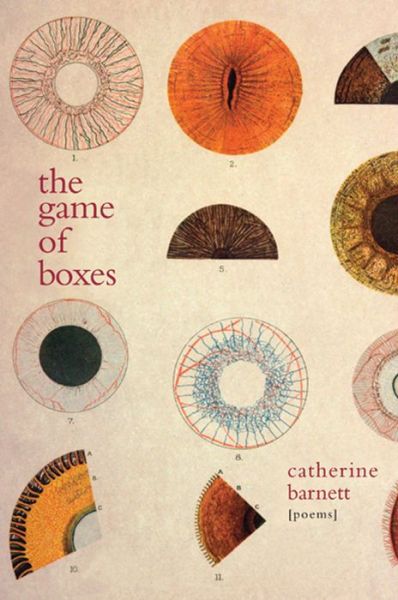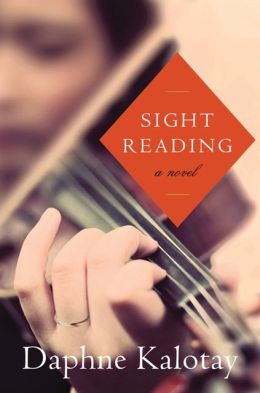
Remember, this is just for fun and is not meant to be stressful.
Keep in mind what Molly Peacock’s books suggested. Look at a line, a stanza, sentences, and images; describe what you like or don’t like; and offer an opinion. If you missed my review of her book, check it out here.
Also, sign up for the 2013 Dive Into Poetry Challenge because its simple; you only need to read 1 book of poetry. Check out the stops on the 2013 National Poetry Month Blog Tour and the 2012 National Poetry Month Blog Tour.
Today’s poem is from Seth Abramson’s Thievery:
Things Unso (page 18) If the wind takes the house it will be someone else's soon enough, and they too will find it cold. What breaks breaks open. After a house one finds oneself in a wood, and after too long in a wood one finds oneself sullen in heaven. Someone else lies in my bed now so I can't sleep any better than they do. To be lost is to be connected interminably. When they turn in my bed the whole house turns, and I turn, and the wind is emptied through my own and theirs and through a common door to some place I do not know. If things fall far enough apart, they are all equally gone.
What do you think?
 About the Poet:
About the Poet:











